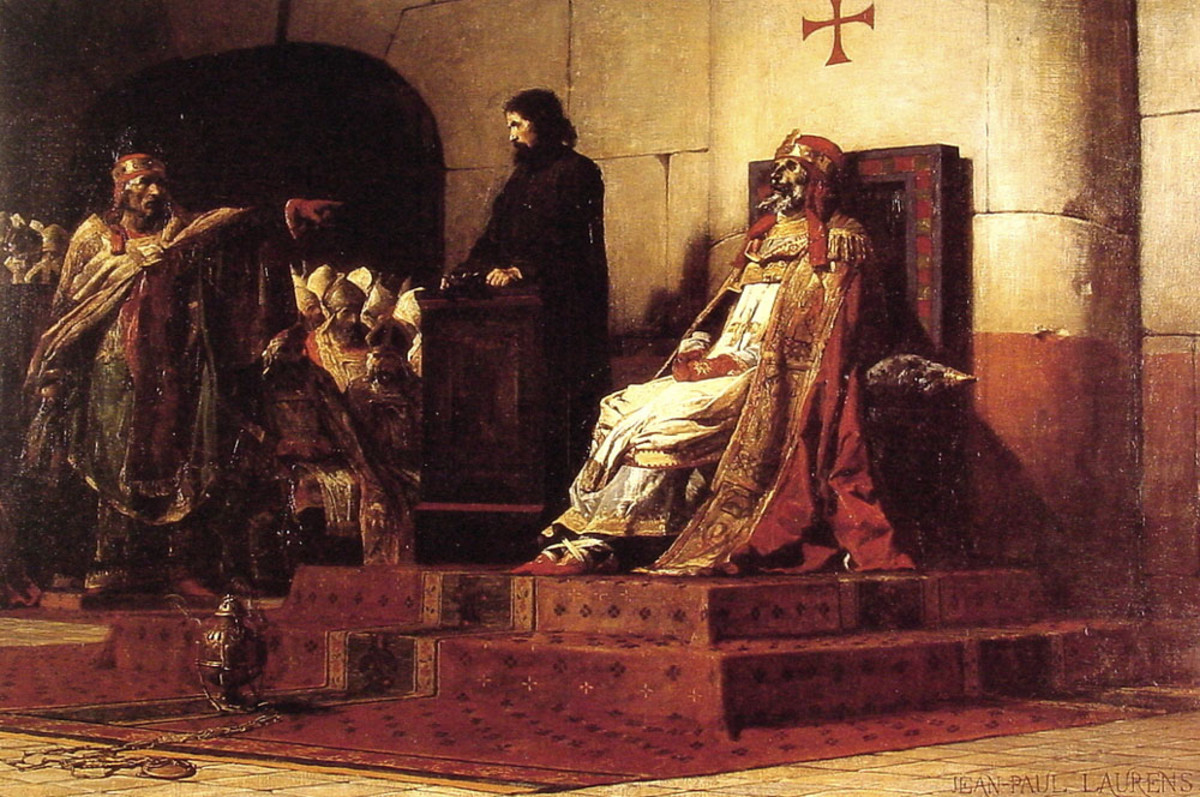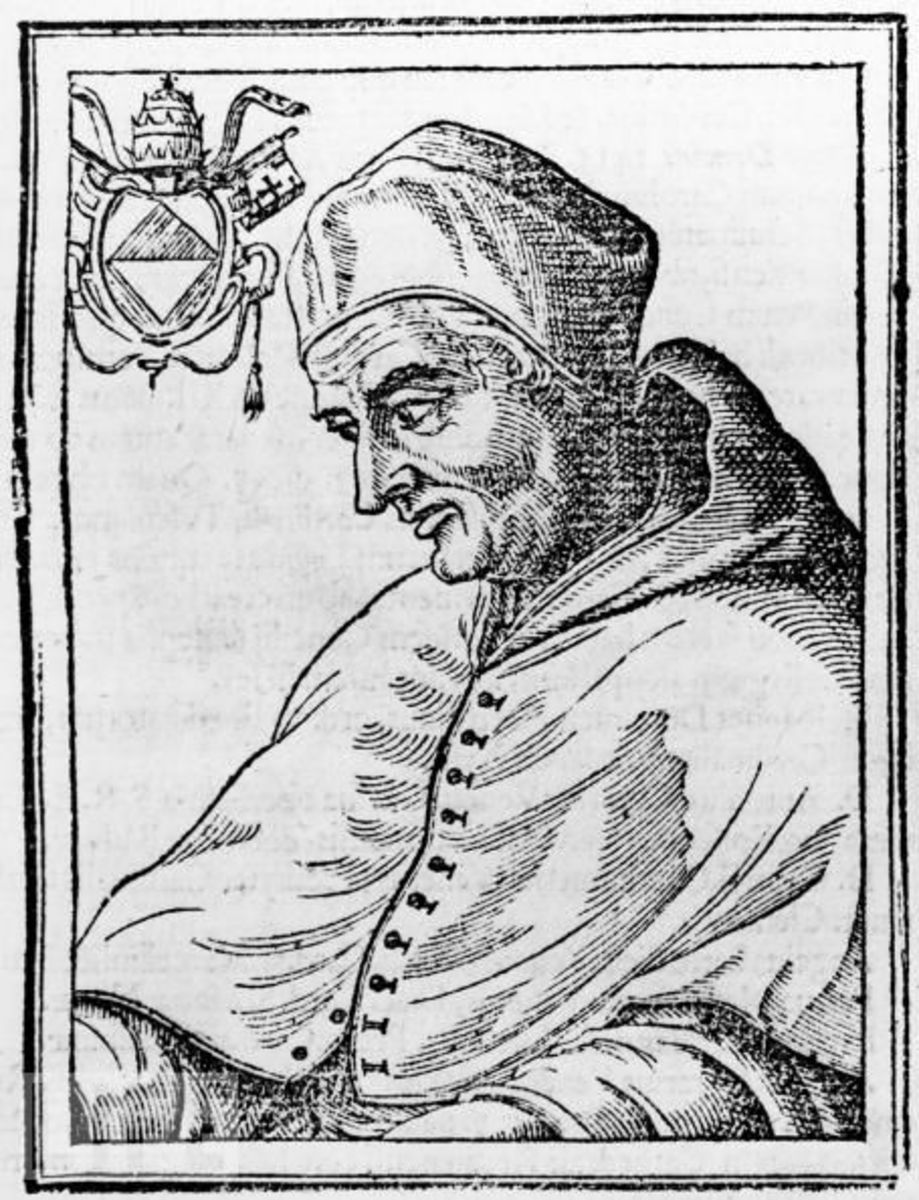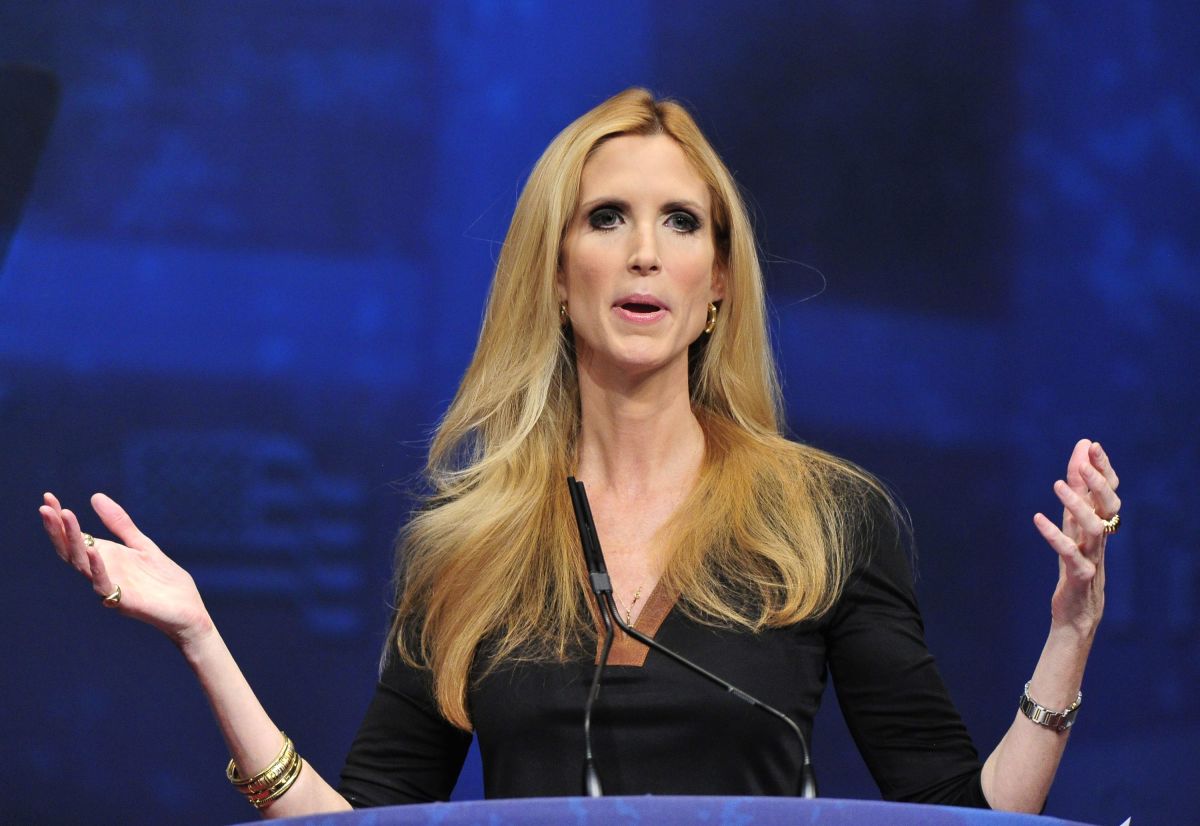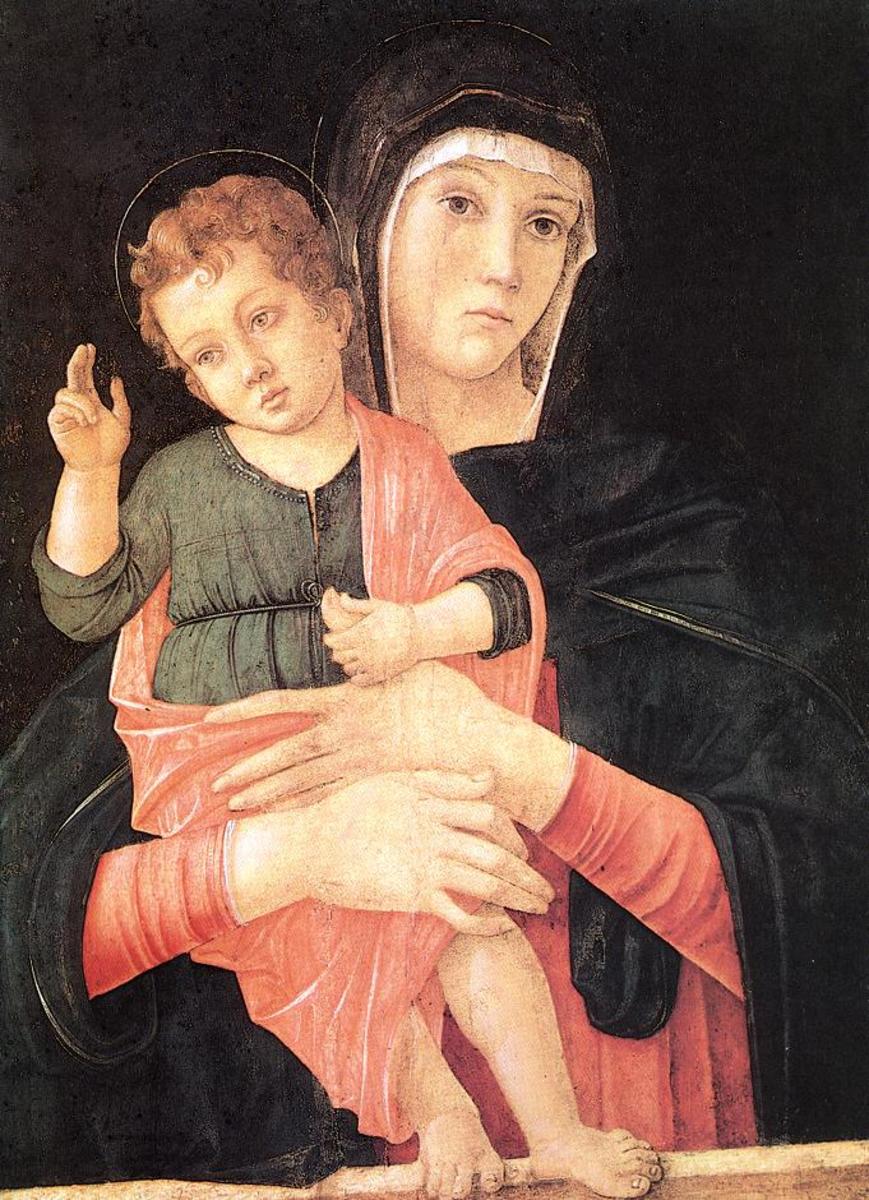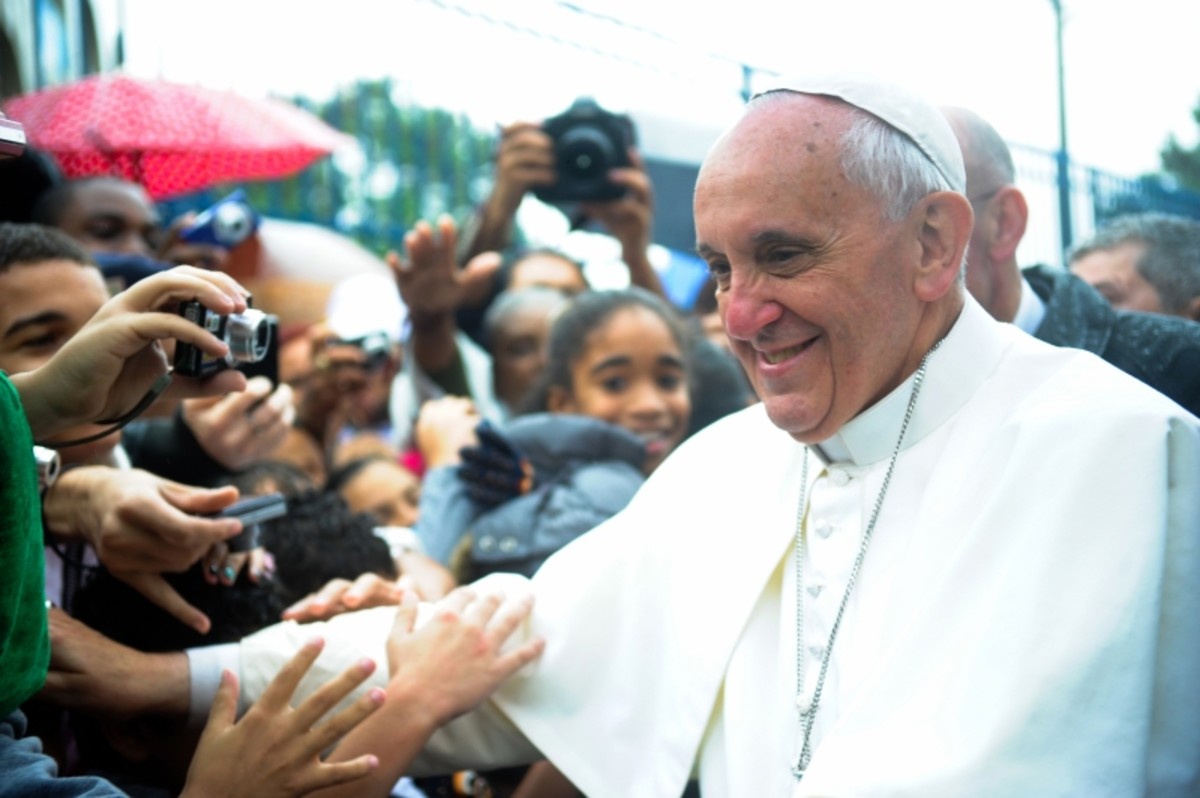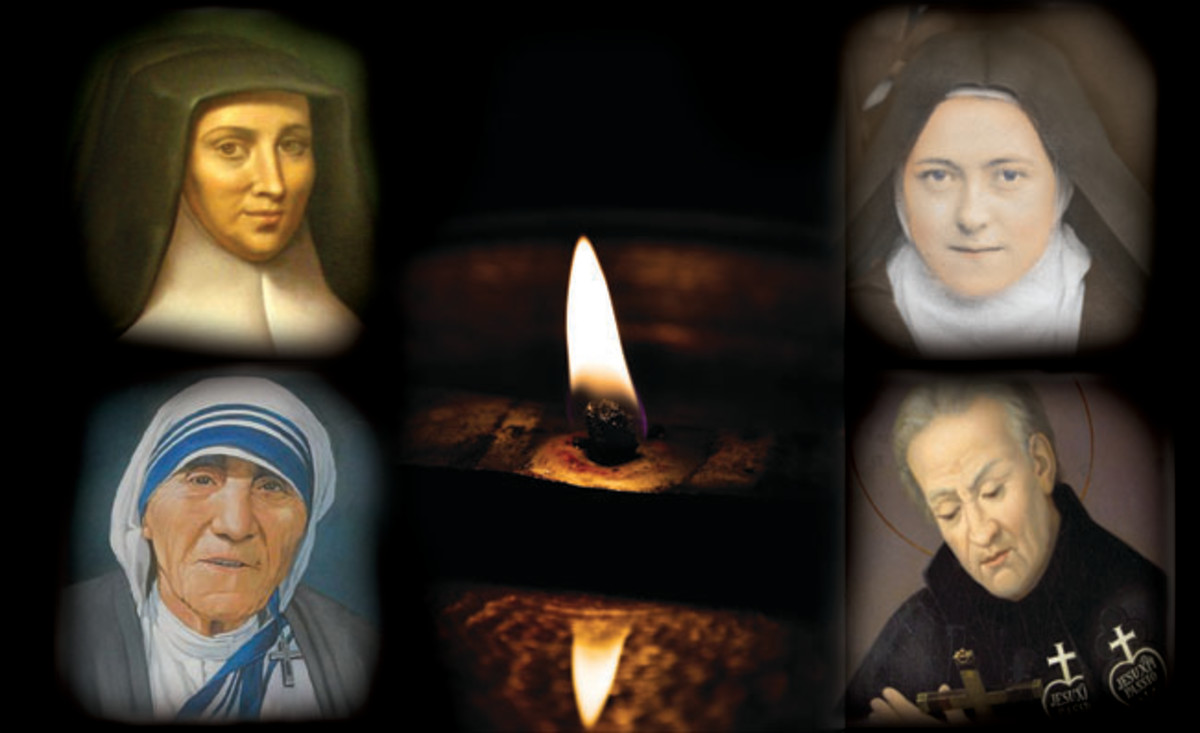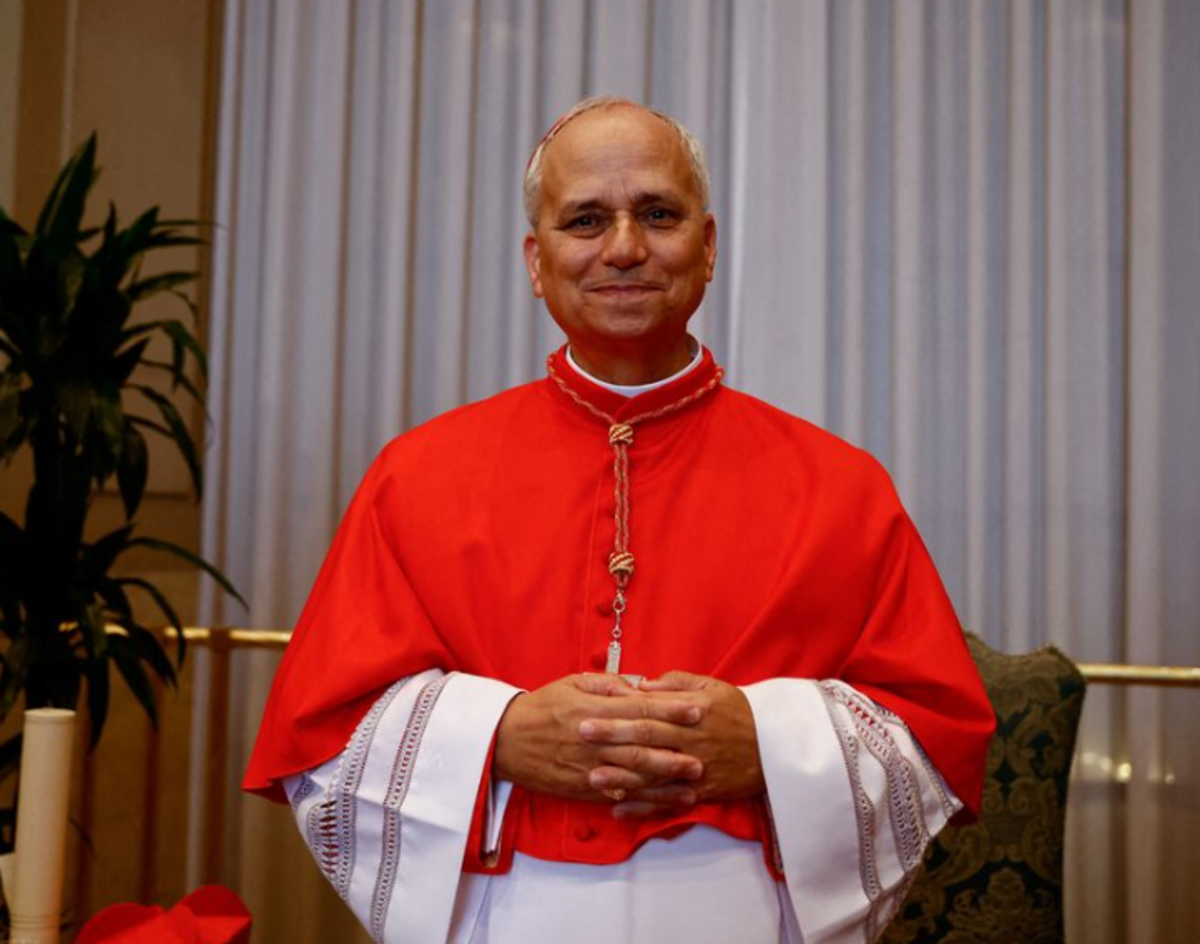How to Become a Catholic Priest
To Become a Priest, You Must Listen to Your Calling from God

Steps to Becoming a Catholic Priest
- Pray for vocation
- Contact local priest and/or diocese vocation director
- Complete four year college or Pre-Theology at Seminary
- Complete four year Post-Theology at Seminary
- Ordination as Catholic Priest
A common question asked of children is, “What are you going to be when you grow up?” A few years ago, one of my sons told me he was going to be a fire hydrant. I explained to him what a fire hydrant was and suggested maybe he wanted to be a fireman. A few months later, at his four year old checkup, our doctor asked, “What do you want to be when you grow up?” Again, he said that he wanted to be a fire hydrant. I just smiled.
He is now seven. About six months ago, he approached me with complete sincerity explaining he was going to be a priest. Our children attend Catholic schools so I assumed they had just discussed this at school. He said that they had, but that was not the reason. He said that his heart was telling him to be a good boy, help others and be a priest. I told him this was wonderful. Then he asked me, “Mommy, how do you become a priest?” I am just glad he didn’t ask me how to become a fire hydrant. I would hate to break his little heart in explaining that he would, no matter how hard he tried, never become a fire hydrant!
So my research began. Growing up in Catholic schools, I had a general idea, but I was not completely certain the process of becoming a Roman Catholic priest. I learned that there are definite steps to becoming a Catholic priest. Even though my son is only seven, I sat him down and explained what I had learned.
The Seven Sacraments in the Roman Catholic Church
- Baptism
- Reconciliation
- First Holy Eucharist (Communion)
- Confirmation
- Holy Orders
- Matrimony
- Anointing of the Sick
A Vocation or Calling to the Priesthood
There are seven sacraments or sacred rites in the Roman Catholic Church. One of the seven is the sacraments of Holy Orders which is what you obtain when you are ordained a priest. Holy Orders can only be received by non-married men of faith. The call to priesthood is a vocation or calling from God.
There are four vocations or lifestyles:
- Priesthood
- Married life
- Lay or single life
- Religious life (nuns, sisters, brothers)
The decision to commit to the priesthood is a complete dedication of self to God and community.
What Is a Catholic Diocese?
A Catholic Diocese is a region or district that reports directly to a bishop. Diocese are further divided into parishes which report directly to a priest.
Talk to Your Parish Priest or Diocese Vocation Director
Vocations are God's invitation or calling to each individual to love and serve Him and His Church in a particular state or way of life. I was called to be married. Others have a profound moment in their lives where they were called to be a priest. Some describe it as a small voice in their heads. Others describe a more emphatic and resounding moment of clarity.
You are encouraged to talk to your parish priest if you feel such a calling.
- Explain how you are feeling
- Ask questions
- Learn about what it means to be a priest
- Commit to prayer to further understand your calling
Each Catholic Diocese also has a vocation director who would additionally be able to answer any questions and guide the prospective priest.
It is important to keep your heart open to any and all callings from God.
Application Items to Apply to the Seminary
There is a twenty-one item checklist for applying to the seminary including:
- Letter of Sponsorship and Recommendation from your Diocese or Religious Community
- Copy of Church documents including Baptismal Certificate, Confirmation Certificate and Parent's Marriage Certificate (Divorce Decree, Death Certificate)
- Academic Data
- Completion of Four Recommendation Forms
- Completion of Canon Suitability Profile Interview by Diocesan Vocational Director
- Results of Psychological Testing
College Or Seminary?
Some priests receive a calling from God prior to college. Some join the seminary directly out of high school. Others complete a four year college degree prior to applying to a Post-Theology Seminary.
Choosing A Seminary
According to Catholic Seminaries, there are seventy-two Catholic Seminaries in the United States. The Pontifical College Josephinum, in Columbus, Ohio, is the only seminary outside of Rome that reports directly to the Pope. All others report to the Congregation for Catholic Education. Applications to the seminary are received via the diocesan vocation directors.
Applicants choose a seminary program based on:
- Location
- Program credentials
- Spiritual focus
A Sampling of the Seventy-Two Catholic Seminaries in the United States
Goal of the Seminary Process
After acceptance to the seminary, there is a formation process focusing on:
Human Formation: Human formation is concerned with:
- Self-awareness
- Self-discipline
- Attitudes
- Physical well-being
Spiritual Formation focuses on developing a deep relationship with Christ and the Church. The signs of a strong relationship include:
- Prayer
- Pastoral Charity
- Simplicity of life
- Obedience
- Chaste celibacy
Intellectual Formation: Skills are developed in:
- Communication
- Research
- Time management
and are critical for growth in the intellectual life.
Pastoral Formation: aims to educate seminarians about the following teachings:
- Justice
- Peace
- Dignity of Human Life
There are five ministries that are installed on a seminarian as they follow the four formation processes.
Installation of Ministries of a Catholic Seminarian
Installation Title
| Period of Seminary Formation
|
|---|---|
Ministry of Lector
| Spring of First Theology or Fall of Second Theology
|
Ministry of Acolyte
| Spring of Second Theology
|
Admission to Candidacy
| Fall of Third Theology
|
Ordination to Diaconate
| Late May or Early June after Third Theology
|
Ordination to Priesthood
| Early June after Fourth Theology
|
Chart created using data from Arlington Diocese http://www.arlingtondiocese.org/vocations/voc_prie...
Ordination of the Priest
The Ordination mass is performed by the Bishop and includes:
- Calling of the Candidates
- Presentation and Inquiry
- Acceptance
- Examination of the Candidates
- Promise of Obedience
- Prayer for the Candidates
- Chanting of the Litany
- Laying on of Hands
- The One Priesthood of Christ
- Vesting of the New Priest
- Anointing of the Hands
- Presentation of the Gifts
- Liturgy of Eucharist
- Communion
- Final Priestly Blessings
Graduation from Seminary and Ordination as a Priest
After four years of post-college seminary course competition and receiving a Masters Degree in Divinity, the seminarians petition the Bishop in writing for ordination to the transitional diaconate and subsequent ordination to the priesthood. Completion of the Degree in Divinity does not guarantee a Bishop recommendation.
The Arlington Diocese explains, "To be ordained, a seminarian must be called by the Bishop (in writing) to the Order of Deacon or Presbyter. A Call to Holy Orders Letter is sent directly to the seminary with a copy forwarded to the seminarian."
Upon receipt of A Call to Holy Orders Letter, the seminarian returns to their diocese to be ordained a Catholic priest.
The new priest says his first mass a few days after ordination.
Regardless of Age, Pray for Your Vocation Calling
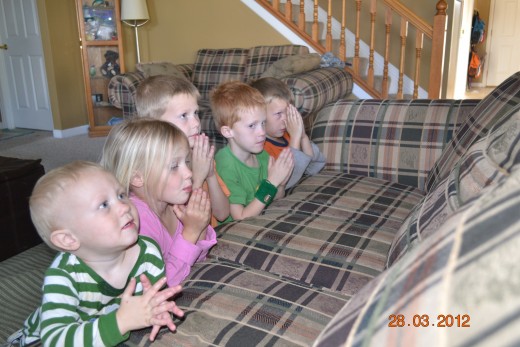
Test Your Knowledge on Becoming a Catholic Priest
view quiz statisticsMy Son's Journey Begins
My son was overwhelmed and most likely confused by the vast knowledge I uncovered. His first take away was, "Let's schedule a time to talk to our priest!"
So, we had Subway with our priest. We learned about our priest's calling, his journey, and that he is a regular guy who likes a turkey sub.
During mass today we learned that a seminarian will be spending the summer at our parish. My son asked to meet him after church. My son introduced himself. He told the seminarian that he wants to be a priest, too. They agreed to pray for each other's vocations.
We visited our diocese's website and noticed a site to adopt a seminarian. He found two seminarians that are associated with our parish. He picked one and wrote him a letter. Perhaps they will become pen-pals.
My son is seven. He might not become a priest. He definitely will not become a fire hydrant. I just want him to be happy. He has already told his brothers and sister that regardless of where they are living when he is ordained, they must attend his first mass. They agreed. He told me I might be very old, but he wants me there, too.
I have encouraged him to pray so that God's calling to him is clear. I told him that he might be called to be something other than a priest. I explained that there may be periods of time in his life that his calling is unclear or that the voices are muffled. I told him that in those times, continue to pray and listen.
I asked him to open his heart, not just his head, to God's voice.

